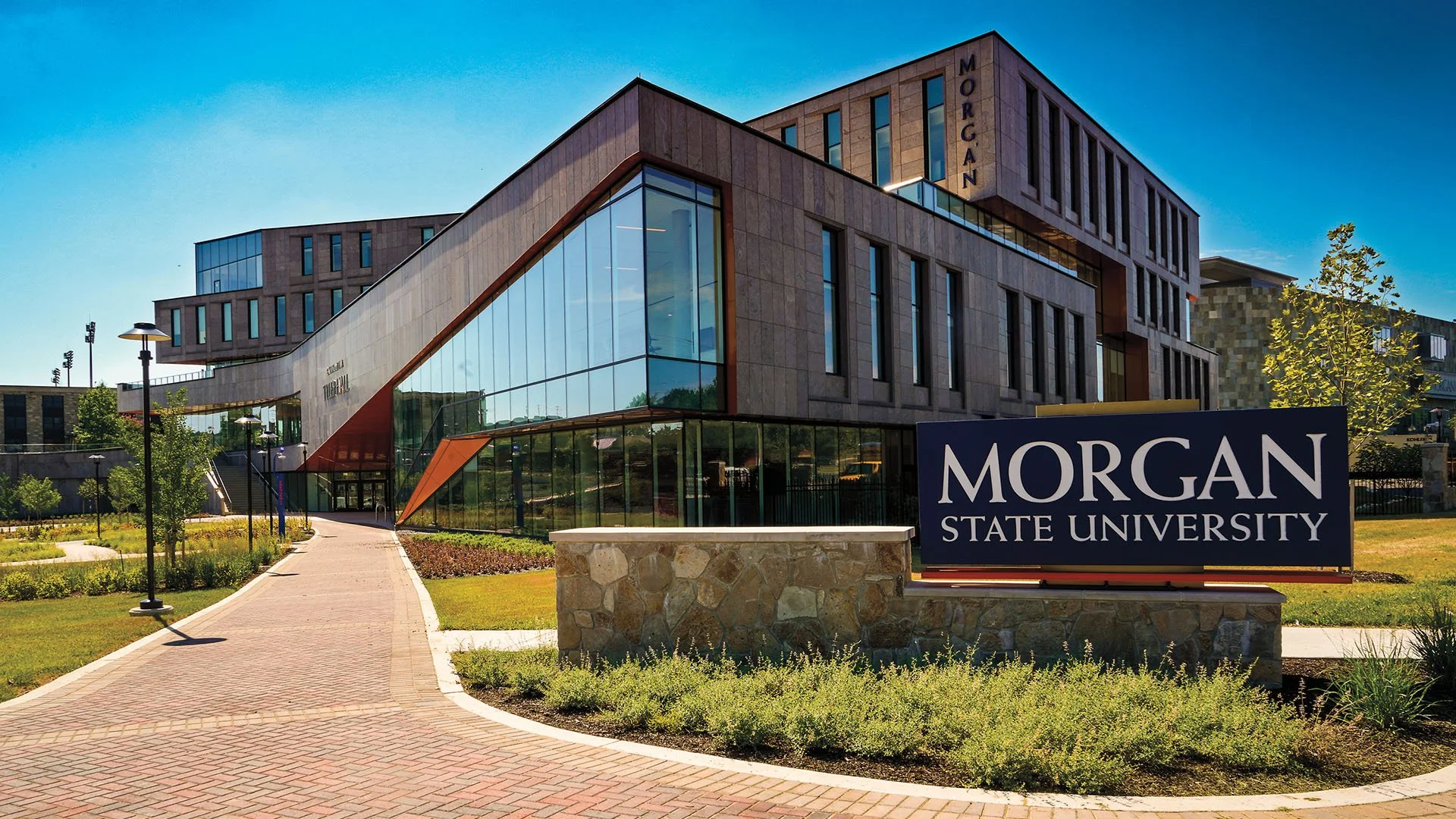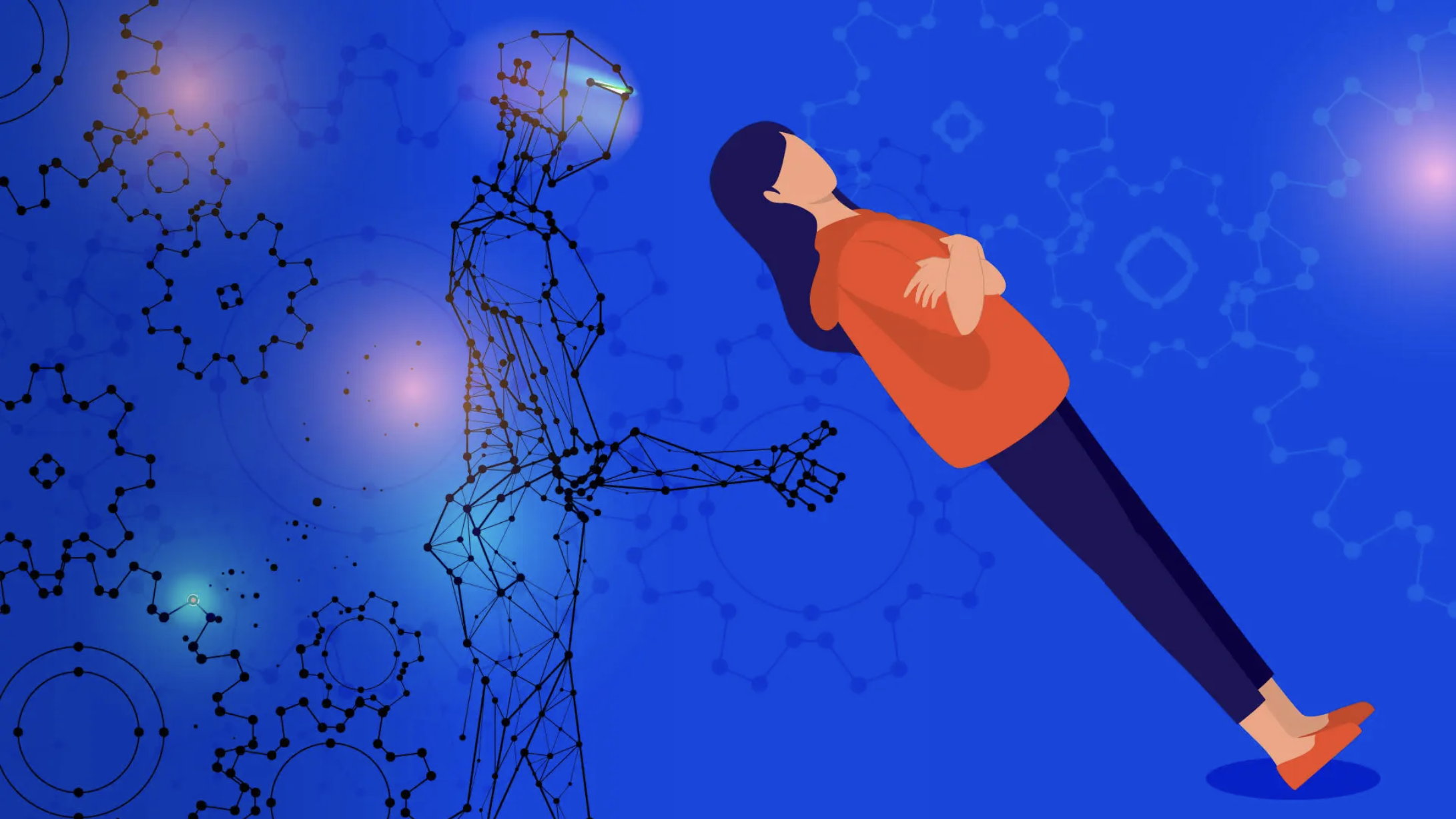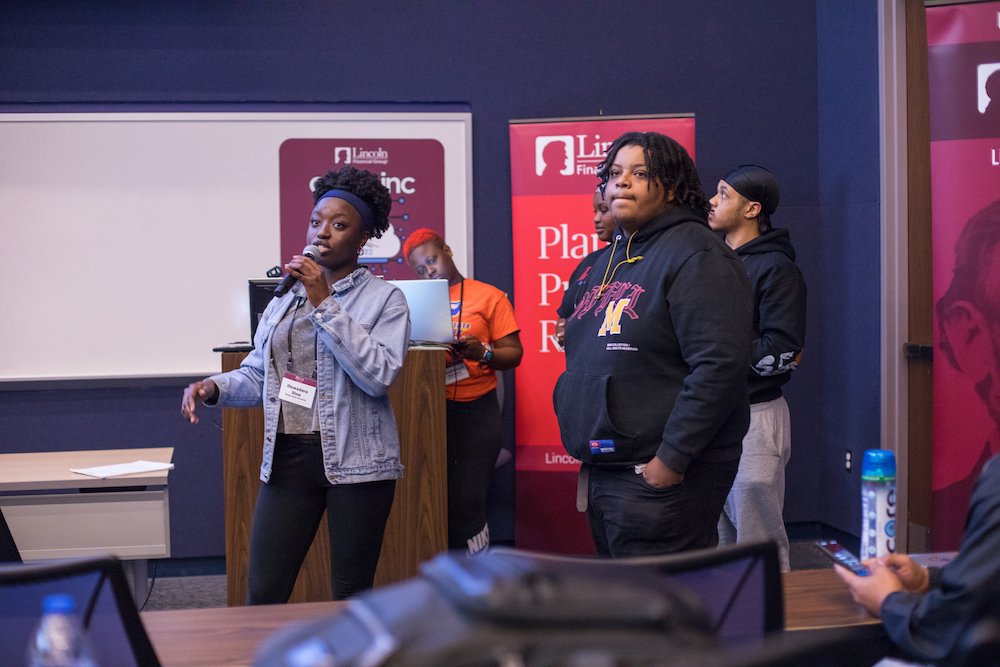
Assistant Professor of Computer Science
Naja Mack
Naja Mack is an assistant professor of computer science at Morgan State University. Her research focuses on studying the ways AI will and has impacted humans, as well as how we can design, build and evaluate multimodal, interactive and intelligent systems that are usable, acceptable and beneficial to humans. Mack leads CodeBears, a two-week summer coding boot camp where middle schoolers have the opportunity to learn about robotics, AI, and computer science.
Morgan State University
Area of Expertise: AI Design
-
Mack, N. A., Adeleke, M. B., Ballou, E., Davis, D., Ingram, V., & Cox, K. (2024). Proceedings of the 55th ACM Technical Symposium on Computer Science Education (SIGCSE) V. 1.
Abstract: Insufficient exposure to computer science and a lack of role models hinder students' pursuit and success in the field. Research suggests that students without early exposure are less likely to enroll in college-level computer science courses and may experience reduced success compared to their peers with prior experience. To address this, CodeBears, a two-week computer science camp, was developed to provide comprehensive exposure, education, and role models for rural and low-income students. CodeBears caters to upper elementary and middle school students, adapting concepts to diverse cultures, challenging stereotypes, and showcasing the diverse backgrounds of computer scientists. This paper outlines the design of CodeBears, examines the experiences of 40 participating students, and highlights engaging lessons using Sphero Bolt, Sphero Rover, Tello Drones, Lego Spike Prime, and Scratch. The camp also collects data on students' favorite activities to gauge their interests and preferences. The discussion focuses on effective strategies for participant recruitment, establishing trust within the target demographic, developing professional programs for facilitators, organizing camp activities, and promoting personal and socially relevant projects. By sharing the challenges and lessons learned, this paper aims to provide insights to researchers and practitioners in similar educational endeavors. Collaboration and knowledge-sharing will drive ongoing improvements in future camps, advancing computer science education.
-
N. A. Mack, M. B. Adeleke, V. Ingram, E. Ballou, J. K. Briggs-Belt and A. Jordan, 2024 Black Issues in Computing Education (BICE) 2024, pp. 80-86.
Abstract: A lack of early exposure to computer science and a shortage of role models are known barriers hindering underrep-resented students' pursuit and success in the field. Consistent research indicates that students lacking early exposure tend to avoid college-level computer science courses and frequently underperform compared to peers with prior experience. In response, we've created a two-week computer science camp tailored for upper elementary and middle school students from rural and low-income backgrounds. The camp adapts computer science concepts to diverse cultures, challenges stereotypes, and showcases the diverse backgrounds of computer scientists. This paper outlines the camp's design, shares experiences from 40 participating students, and highlights engaging lessons that in-corporate technologies such as Sphero Bolt, Sphero Rover, Tello Drones, Lego Spike Prime, and Scratch. We also gather data on students' favorite activities to understand their interests. Our discussion covers effective strategies for participant recruitment, community trust-building, professional development facilitation, camp activity organization, and project promotion. By sharing challenges and lessons learned, we aim to assist fellow researchers and educators in similar initiatives, fostering collaboration and progress in the field of computer science education.





